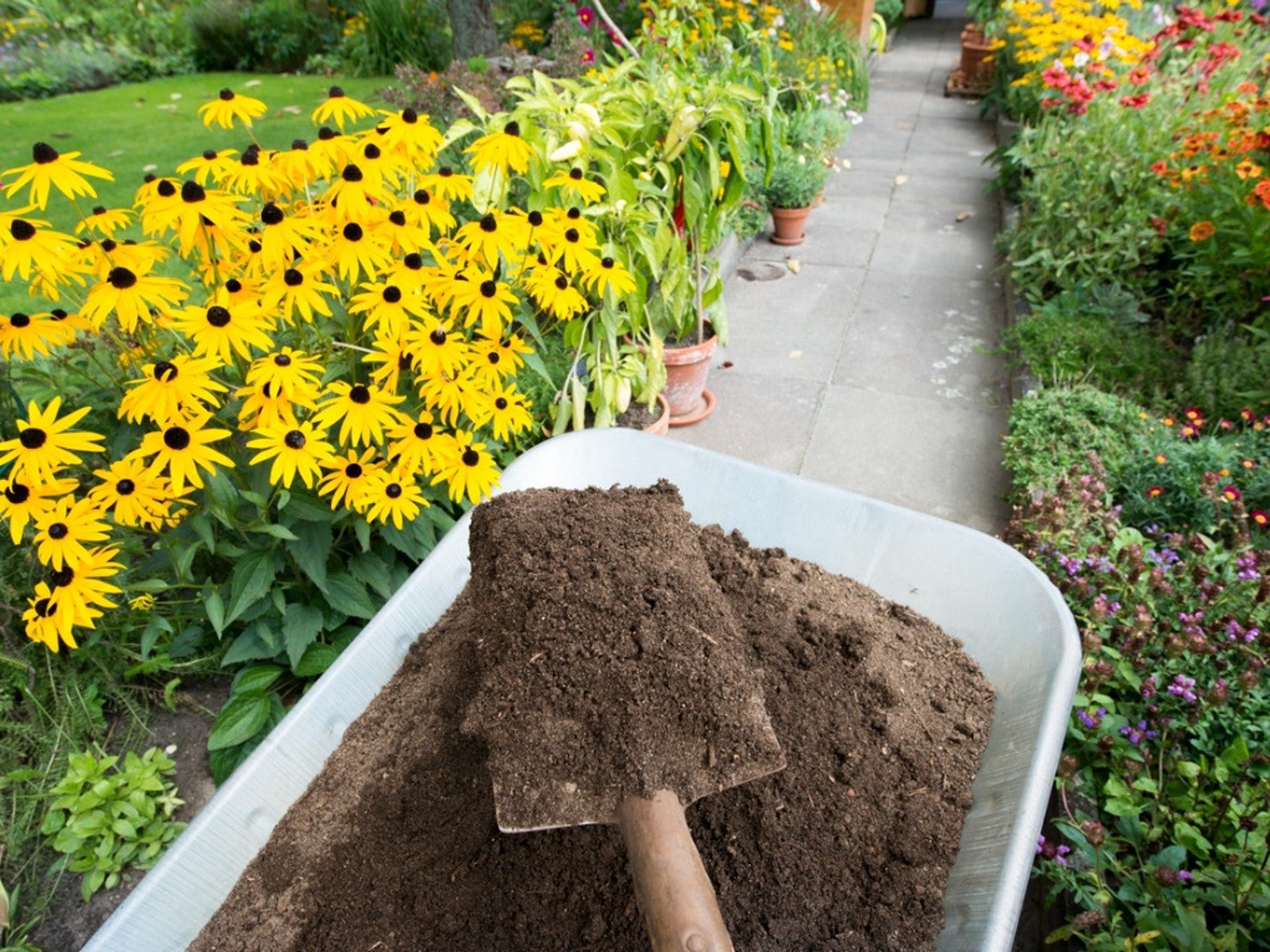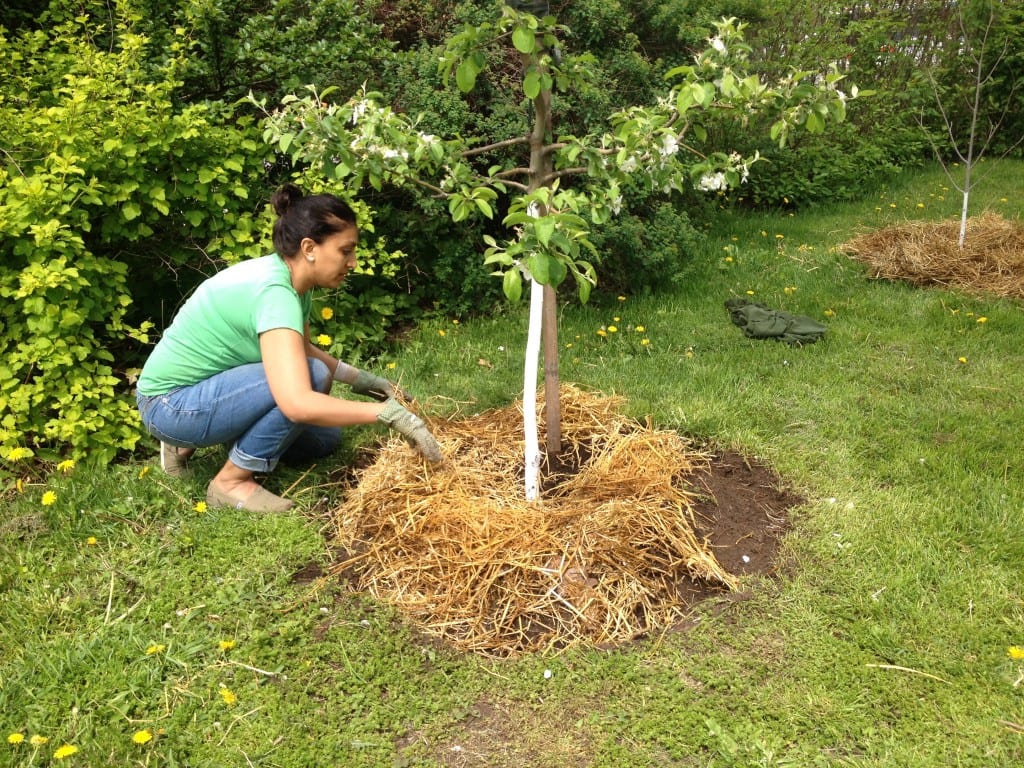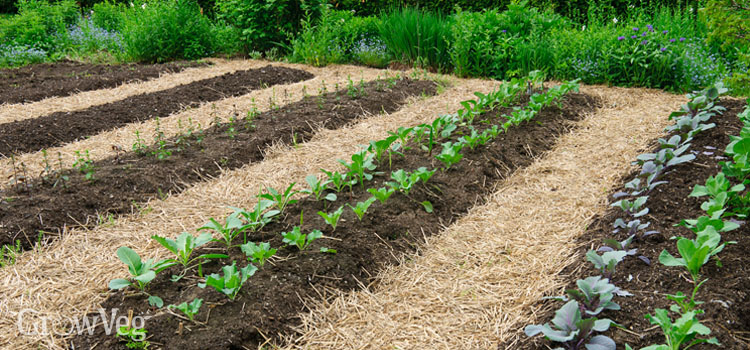The Best Compost For Mulching: A Gardener's Guide To
The Best Compost for Mulching: A Gardener's Guide to
Mulching is a gardening practice that involves applying a layer of organic material to the surface of soil. This has many benefits, including:
- Retaining moisture: Mulch helps to prevent water from evaporating from the soil, which can help to reduce your watering needs.
- Suppressing weeds: Mulch blocks sunlight, which prevents weed seeds from germinating.
- Improving soil structure: Mulch helps to improve the structure of the soil, making it more aerated and easier for roots to penetrate.
- Providing nutrients: As mulch breaks down, it releases nutrients into the soil.
- Protecting plant roots: Mulch can help to protect plant roots from extreme temperatures and pests.
When choosing a compost for mulching, there are a few things to consider:
- The type of plants you are growing: Some plants prefer a specific type of mulch. For example, strawberries do well with straw mulch, while roses do well with bark mulch.
- The climate you live in: If you live in a hot climate, you will need a mulch that will help to retain moisture. If you live in a cold climate, you will need a mulch that will help to insulate the soil.
- Your personal preferences: Some people prefer the look of natural mulches, while others prefer the convenience of bagged mulches.
Here are some of the best composts for mulching:
- Garden compost: This is a good all-purpose mulch that is made from a variety of organic materials.
- Woodchips: This is a long-lasting mulch that is good for suppressing weeds.
- Bark mulch: This is a decorative mulch that is also good for suppressing weeds.
- Leaf mold: This is a lightweight mulch that is good for retaining moisture.
- Manure: This is a nutrient-rich mulch that is good for heavy-feeding plants.
No matter what type of compost you choose, make sure that it is well-rotted. Fresh compost can contain harmful bacteria and can burn plant roots.
To apply mulch, spread it evenly over the soil surface, leaving a few inches of space around the base of plants. The thickness of the mulch layer will depend on the type of mulch you are using. For example, woodchips should be applied in a layer that is 2-4 inches thick, while bark mulch should be applied in a layer that is 1-2 inches thick.
Mulch should be applied in the spring or fall. If you apply it in the summer, it may help to prevent the soil from drying out, but it can also trap heat and make the soil warmer.
Mulch should be replenished every year or two, as it will break down over time.
Are you looking for the best compost for mulching? If so, you've come to the right place! In this article, we'll discuss the different types of compost that make great mulch, as well as some tips on how to use it effectively.
Types of compost for mulching
There are many different types of compost that can be used as mulch, but some of the most popular include:
- Garden compost: This is made from a variety of organic materials, such as food scraps, yard waste, and manure. It's a good all-purpose mulch that's rich in nutrients.
- Woodchips: These are made from shredded wood and are a great way to improve drainage and aeration in the soil. They're also relatively inexpensive.
- Bark chips: These are made from shredded bark and are a good choice for areas that need a bit of extra acidity. They're also relatively long-lasting.
- Straw: This is a good choice for mulching around plants that are prone to pests or diseases. It's also a good way to suppress weeds.
How to use compost as mulch
When using compost as mulch, there are a few things you'll need to keep in mind:
- The thickness of the mulch layer: A good rule of thumb is to apply a layer of mulch that's 2-4 inches thick.
- The type of plant: Some plants, such as strawberries, need a thicker layer of mulch than others.
- The climate: In hot, dry climates, you'll need to apply a thicker layer of mulch to help retain moisture.
Tips for using compost as mulch
- Spread the mulch evenly around the plants.
- Don't pile the mulch too close to the stems of the plants.
- Water the mulch regularly, especially during dry periods.
- Inspect the mulch regularly for pests or diseases.
FAQ of best compost for mulching
Question 1: What is the best compost for mulching?
Answer: There are many different types of compost that can be used for mulching, but some of the most popular include:
- Yard waste compost: This type of compost is made from a variety of yard waste materials, such as leaves, grass clippings, and food scraps. It is a good all-purpose mulch that is relatively easy to find.
- Wood chip compost: This type of compost is made from wood chips, which break down slowly and provide a long-lasting mulch. It is a good choice for areas that need to be protected from erosion.
- Manure compost: This type of compost is made from manure, which is a rich source of nutrients. It is a good choice for areas where you want to improve the soil fertility.
Question 2: How do I know if my compost is ready for mulching?
Answer: Compost is ready for mulching when it is dark brown or black and crumbly. It should have no visible signs of green or white materials.
Question 3: How thick should I apply compost mulch?
Answer: The thickness of the compost mulch will depend on the type of plant you are mulching and the climate you live in. A good rule of thumb is to apply a layer of compost mulch that is 2-4 inches thick.
Question 4: How often do I need to reapply compost mulch?
Answer: You will need to reapply compost mulch as it breaks down. This will typically happen every 1-2 years.
Question 5: What are the benefits of using compost mulch?
Answer: There are many benefits to using compost mulch, including:
- Improves soil quality: Compost mulch adds organic matter to the soil, which helps to improve drainage, aeration, and water retention.
- Reduces weed growth: Compost mulch helps to suppress weed growth by blocking sunlight and creating a barrier that is difficult for weeds to penetrate.
- Retains moisture: Compost mulch helps to retain moisture in the soil, which can help to reduce watering needs.
- Protects plant roots: Compost mulch helps to protect plant roots from temperature extremes and pests.
Image of best compost for mulching
- Image 1: A pile of dark brown compost with some green leaves mixed in. The caption reads, "Compost is the best mulch for your garden. It's free, it's good for the soil, and it helps to suppress weeds."
- Image 2: A close-up of a piece of compost with a few worms visible. The caption reads, "This compost is full of beneficial microbes that will help to improve your soil's health."

- Image 3: A bed of flowers mulched with a layer of compost. The caption reads, "This compost will help to keep the soil moist and suppress weeds, while also providing nutrients to the plants."

- Image 4: A tree with a circle of compost around the base. The caption reads, "This compost will help to keep the soil moist and cool, while also providing nutrients to the tree."

- Image 5: A vegetable garden with a layer of compost between the rows of plants. The caption reads, "This compost will help to keep the soil moist and weed-free, while also providing nutrients to the vegetables."

Post a Comment for "The Best Compost For Mulching: A Gardener's Guide To"